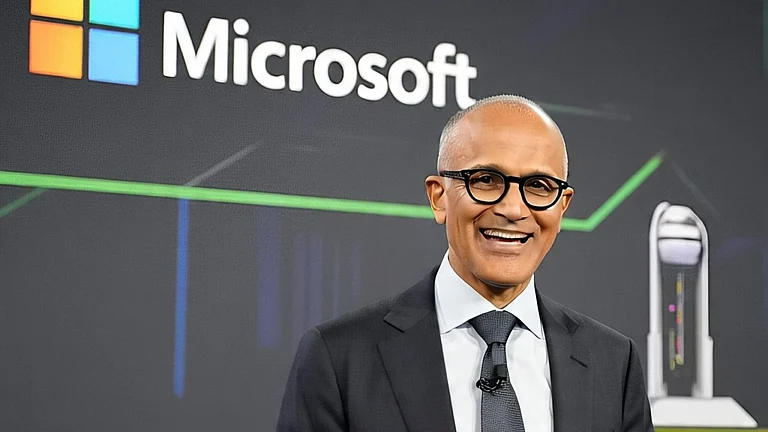
non-binding outline for next phase of commercial partnership and recapitalisation
plan would create a public-benefit corporation (PBC) to run OpenAI’s operations
existing nonprofit to retain authority and hold equity in the new PBC
nonprofit stake valued ≥ $100 billion under the draft terms (could change)
OpenAI said it is closer to converting into a more conventional for-profit company after signing a non-binding memorandum of understanding with top investor Microsoft that outlines the next phase of their commercial partnership and the broad structure of a recapitalisation plan.
Under the framework sketched by OpenAI’s chairman Bret Taylor, the existing nonprofit would continue to control a new public-benefit corporation (PBC) and be granted an equity stake valued at at least $100 billion, a floor that could rise depending on final terms and market valuation.
According to the company, the nonprofit arm would keep the authority that guides OpenAI’s future while owning equity in the new PBC, a structure intended to preserve a public-interest mandate while freeing the operating entity to raise large amounts of capital.
People briefed on the talks say the proposed stake would equate to roughly 20% of the company if employee share sales were priced at about $500 billion, a valuation that would make OpenAI one of the world’s largest private companies.
Microsoft’s Role
The memorandum with Microsoft, long OpenAI’s strategic cloud partner and the largest single investor in the startup, represents a critical step: Microsoft’s approval is widely viewed as essential because past funding and product arrangements give the tech giant privileged access and preferred commercial rights.
Both firms said they are “actively working to finalise contractual terms in a definitive agreement,” signalling months of detailed negotiation remain.
The deal is not done. Attorneys general in California and Delaware are reviewing the proposed restructuring and have raised public concerns about safety and governance, including recent reports of serious harms linked to AI products.
Those inquiries, together with legal challenges from critics and competing commercial actors, mean the restructuring could face delay, modification or conditions from regulators. OpenAI says it is working with state authorities as it refines governance and safety commitments.
Stakeholders Pushing Back
OpenAI’s conversion has drawn vocal opposition from a coalition of nonprofits, labour groups, philanthropies and rival companies.
Elon Musk, an early OpenAI backer who split from the group, has mounted legal action alleging the transition betrays the organisation’s nonprofit mission; other critics argue the plan risks concentrating power and reducing independent safety oversight.
OpenAI has disputed some challenger claims and said it has used subpoenas to probe the funding and motives of certain advocacy groups.
OpenAI’s Plan
The recapitalisation is central to OpenAI’s ability to lock in massive new capital for training, infrastructure and product expansion.
Company executives and investors have warned that failure to restructure could prompt some backers to withdraw commitments, a scenario that would materially hamper OpenAI’s growth plans and its path to an eventual public listing.
For Microsoft, a clarified commercial relationship would protect the firm’s long-term access to OpenAI technology while allowing OpenAI to broaden its cloud and infrastructure relationships.
Industry Context
OpenAI’s proposed model, a nonprofit that controls a profit-seeking PBC backed by vast endowment-style equity, would be highly unusual and could become a template for other mission-driven organisations seeking large private capital while signalling public benefit.
The deal also comes as OpenAI pursues alternative infrastructure arrangements, including large contracts and data-centre projects with other cloud providers.
Both companies say they will negotiate definitive contracts and continue engagement with regulators. The timetable is uncertain: regulators’ reviews, potential litigation, investor decisions and final drafting of governance safeguards will determine whether the transformation proceeds as envisioned, is altered, or stalls.
Until those steps conclude, OpenAI will remain caught between the need for large-scale financing and the legal, political and reputational risks that have made this conversion one of the industry’s most closely watched corporate changes.

































